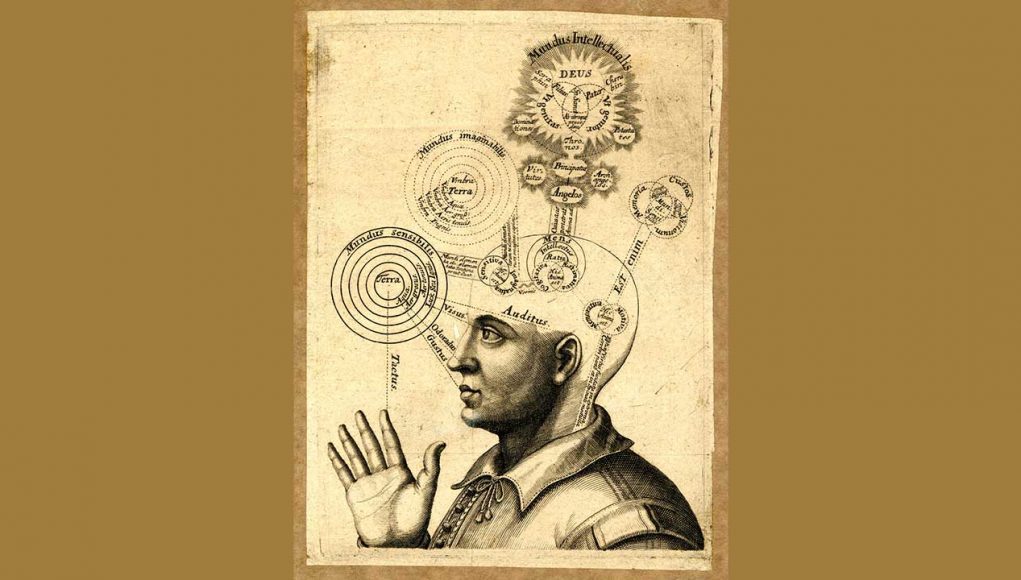 I had a chance to catch up with phenomenologist Kai Riemer at SIGGRAPH where he gave his perspective on what phenomenology is and why it’s holistic approach could provide some vital insights for people working in VR.
I had a chance to catch up with phenomenologist Kai Riemer at SIGGRAPH where he gave his perspective on what phenomenology is and why it’s holistic approach could provide some vital insights for people working in VR.
LISTEN TO THE VOICES OF VR PODCAST
Audio PlayerThe hard problem of the mind/body split and the ultimate nature of consciousness is an open question in the science community, and there are a range of philosophies that try to handle this split. Cartesian dualists explicitly acknowledge this split as different realms, but interactions between the mind and body have started to break this down. There’s a lot of scientific materialists who are holding out that consciousness will eventually be discovered to be an emergent property of our neuroscience. Idealism is the opposite of materialism in saying the subjective experience is primary, and it’s similar to saying that consciousness is fundamental in that matter could be an emergent property of a base reality of awareness or information. Panpsychism sees consciousness as universal in that every photon is conscious or carries a certain level of information processing capability. University of Sydney professor Kai Riemer says that phenomenology tries to get rid of the whole idea of this subject/object split, and that it’s a much more holistic approach of centering everything around the interconnections of the meaning of objects and our direct human experience.
Phenomenologist Gabriella Farina has resisted a precise definition by saying, “A unique and final definition of phenomenology is dangerous and perhaps even paradoxical as it lacks a thematic focus. In fact, it is not a doctrine, nor a philosophical school, but rather a style of thought, a method, an open and ever-renewed experience having different results.”
Speaking with Riemer at SIGGRAPH, he talks a lot about French philosopher Maurice Merleau-Ponty’s Phenomenology of Perception book from 1945 that talks about the role of the body in perception. He also cites George Lakoff’s Women, Fire and Dangerous Things to show how a lot of our primary metaphors for understanding the world come from our direct experience of the world through our bodies. The holistic approach of phenomenology shows that the stories and narratives of direct experience should be given equal weight to the objectified data that is seen as primary by reductionists and physicalist materialists. Archeologists need to be able to understand the full story behind what people thought artifacts meant within the full context of a culture before they can fully understand what they’ve discovered.
What’s clear from talking to Riemer and other philosophers is that VR provides a embodied experience of philosophical discussions that are otherwise pretty abstract and disconnected from our direct experience. Phenomenology is an elusive concept to firmly pin down, but my conversation with Riemer has helped me appreciate its holistic approach to the connection between reality and experience.
Support Voices of VR
- Subscribe on iTunes
- Donate to the Voices of VR Podcast Patreon
Music: Fatality & Summer Trip







